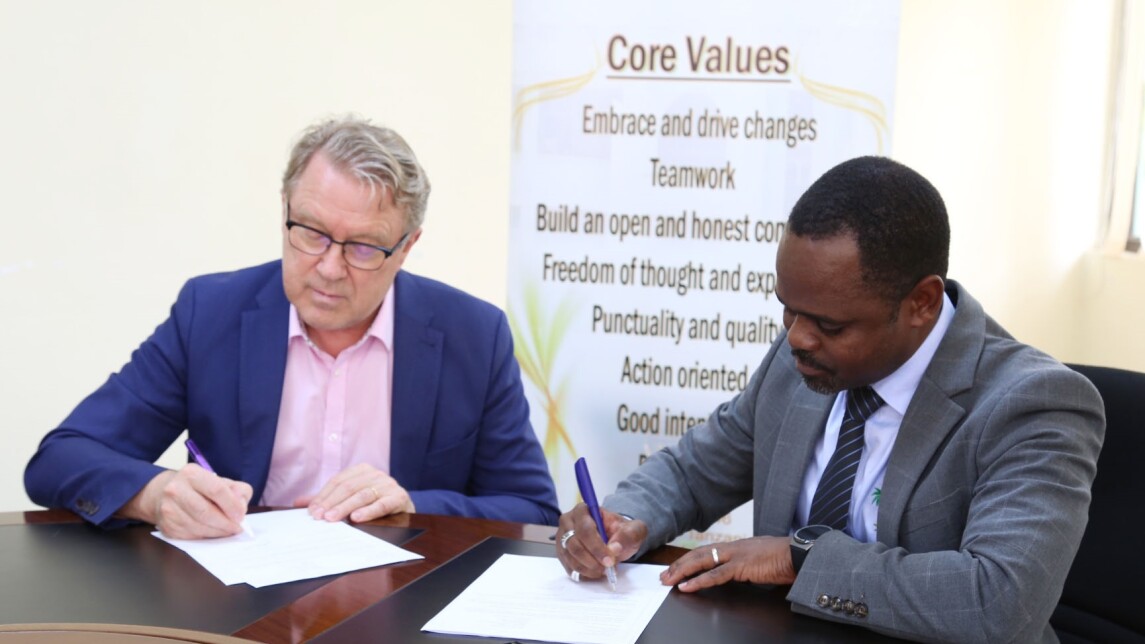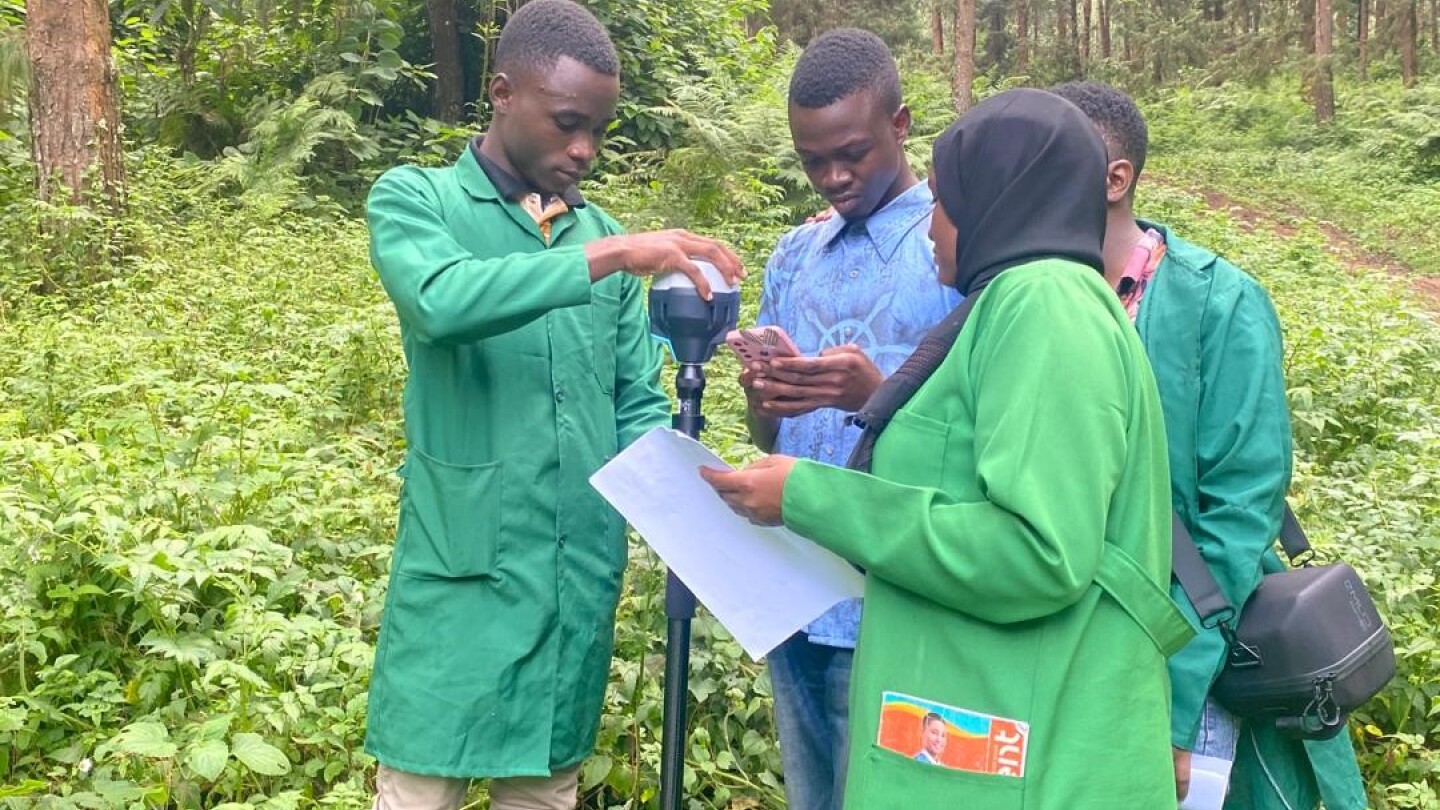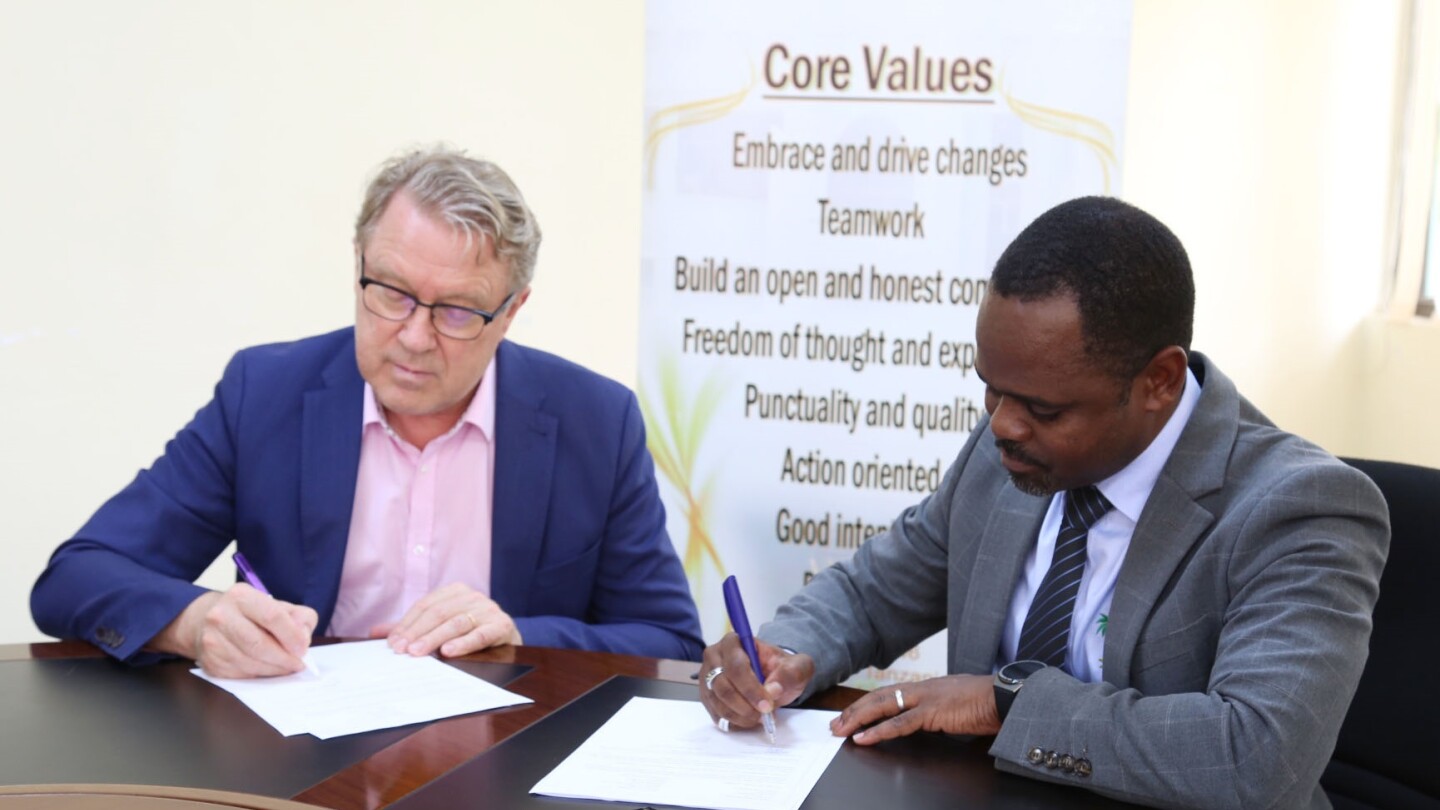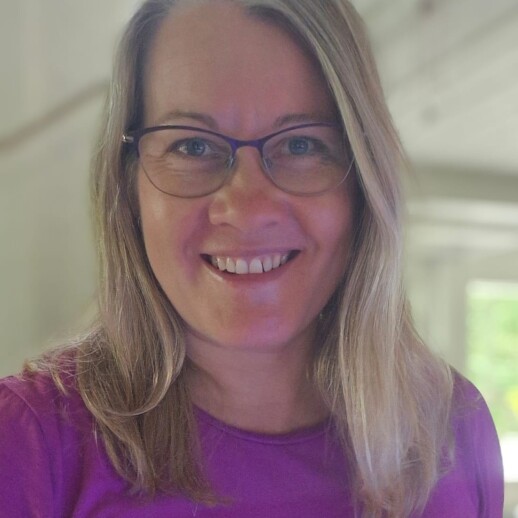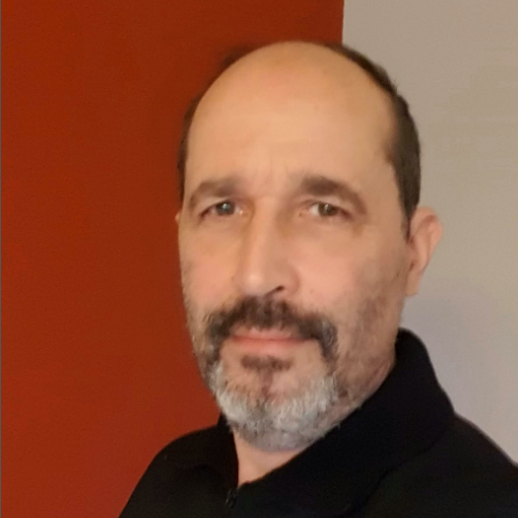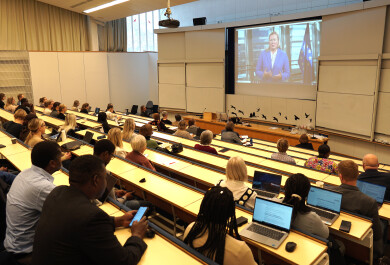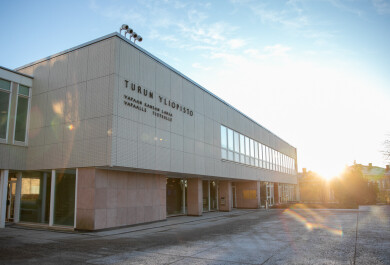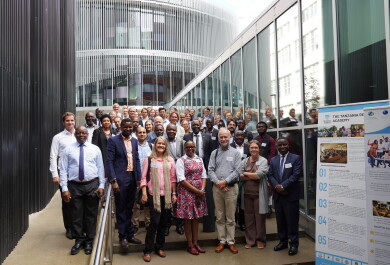A group of Finnish university rectors and researchers visited Tanzania to learn about the results of an eight-university development project and two decades of successful research and education cooperation between the Universities of Turku and Dar es Salaam. Future cooperation opportunities will be discussed at a workshop in May.
The rectors of the University of Turku, Turku University of Applied Sciences and Novia University of Applied Sciences, as well as researchers from a cooperation project coordinated by the University of Turku, visited Tanzania in February.
During the trip, the participants learned about the achievements of the ongoing HEI-ICI project, GeoICT4e, and saw the impact of the collaboration on the Tanzanian university community and society. Additionally, there was a discussion on further plans for educational and research cooperation between the University of Turku and five Tanzanian universities.
GeoICT4e aims to improve employment opportunities for young people
The University of Turku has been collaborating with Tanzanian universities and operators in research and education in geography and geographic information for 20 years.
The cooperation started with the University of Dar es Salaam (UDSM) in 2003 and the current project involves five Tanzanian universities from Dar es Salaam, Morogoro, Zanzibar and Moshi.
The most significant education and development-related cooperation projects have been the GeoICT4e project coordinated by the University of Turku under the he Higher Education Institutions Institutional Cooperation Instrument (HEI ICI) funded by the Ministry of Foreign Affairs and the Tanzania Resilience Academy funded by the World Bank.
The GeoICT4e project involves three universities from Finland and five from Tanzania. The current HEI ICI project is the third consecutive education capacity building project in Tanzania funded by the Finnish Ministry of Foreign Affairs. GeoICT4e aims to improve employment opportunities for young people in a rapidly developing society where jobs in digital data and technology are just emerging.
“Tanzania has a young population and a rapidly growing university student population. There is great concern in society about where young people graduating from the education system will be employed in the future. There is a desire to reform university education and improve its effectiveness," says Professor Niina Käyhkö, who is leading the project.
The project aims to improve the quality of higher education and the skills of young people in applied geospatial and ICT fields in order to improve the students’ employment opportunities.
“In addition to digital skills, these sectors need the ability to understand the local sustainability challenges of the human-nature interaction system and to develop innovative and sustainable ideas to address these challenges. At the same time, higher education institutions need to increasingly modernise their teaching methods, materials, curricula and teacher skills. For example, we are making use of globally open educational resources and distance learning methods, and we are working to train young people with an entrepreneurial mindset," says Käyhkö.
One of the highlights of the visit was a seminar organised by the project, which presented how Tanzanian universities, through the GeoICT4e and Resilience Academy projects, have transformed education and learning solutions into socially innovative ones, and how students have been able to use open science solutions.
“We have developed a 5-8 week MCL work placement model based on challenge learning, in which multi-curricular student teams develop resilience solutions using geospatial and digital technologies. It is important for students to master the latest technologies and be able to use them to solve societal problems," says university teacher Antero Järvi.
For example, students from Moshi Co-operative University (MoCU) developed solutions to prevent deforestation on Mount Kilimanjaro and students from Ardhi University (ARU) are working to promote sustainable green spaces in Tanzanian cities.
World Bank invests in digital climate risk skills for youth
An important part of the projects' activities has been the collection, quality assurance and open sharing of open geospatial data. Students in the Resilience Academy internship model have collected dozens of spatial data sets using mobile technologies, remote sensing and citizen science.
The Recilience Academy was launched by the World Bank and the Tanzania Urban Resilience Programme in 2018.
“The World Bank wants to invest in digital climate risk skills for youth to make development investments more sustainable and bring new local jobs and skills to rapidly developing cities. Tanzania has been a destination for them, where approaches have been developed in partnership with us, the Tanzanian government and industry. Now, the Tanzania Resilience Academy's solutions are being implemented globally by the World Bank's Global Facility for Disaster Reduction and Recovery (GFDRR)," says Käyhkö.
The Resilience Academy's Climate Risk Database currently contains hundreds of open geospatial datasets on Tanzania.
“Students, researchers, local government and the global community use these datasets for urban development research and decision-making. Open data and the network of experts around it are vital for the development of the data economy and sustainable decision-making. Dozens of GeoICT4e and Resilience Academy alumni are now working with digital data in organisations and institutions," says Käyhkö.
Long-standing cooperation to be expanded - a strong basis for new projects in different scientific fields
One of the main purposes of the visit was to agree on the continuation of cooperation. The university rectors visited the University of Dar es Salaam, the University of Ardhi and the State University of Zanzibar (SUZA) to discuss further cooperation in research and teaching, as well as possibilities for further expansion.
During the visit, the University of Turku renewed two previous Memorandum of Understanding agreements, one with Dar es Salaam and the other with the State University of Zanzibar. In addition, MOUs with the Sokoine University of Agriculture (SUA) and the University of Ardhi were renewed. An agreement with MoCU was signed in 2022.
“With twenty years of good cooperation behind us, the new agreements reinforce our ongoing commitment to international university cooperation in Tanzania and East Africa. In the future, we want to strengthen the multidisciplinary research cooperation between our universities," says Rector Jukka Kola.
So far, cooperation has mainly taken place in the fields of geography, environmental science and geographic information, but the strong institutional agreements between the University of Turku and the Tanzanian universities provide a good basis for new projects in all fields.
“For example, large projects with a tangible impact such as GeoICT4e would not have been possible without the long-established collaboration that underpins them. We have established extensive networks with many universities and others can benefit from them. We are well placed to extend our teaching and research cooperation to new projects and disciplines," says Kola.
Future cooperation opportunities with Tanzanian universities will be discussed in May at a workshop organised by the Future Technologies and Digital Society strategic profile and the GeoICT4e project. The workshop will provide an opportunity to meet project experts from Tanzania.
